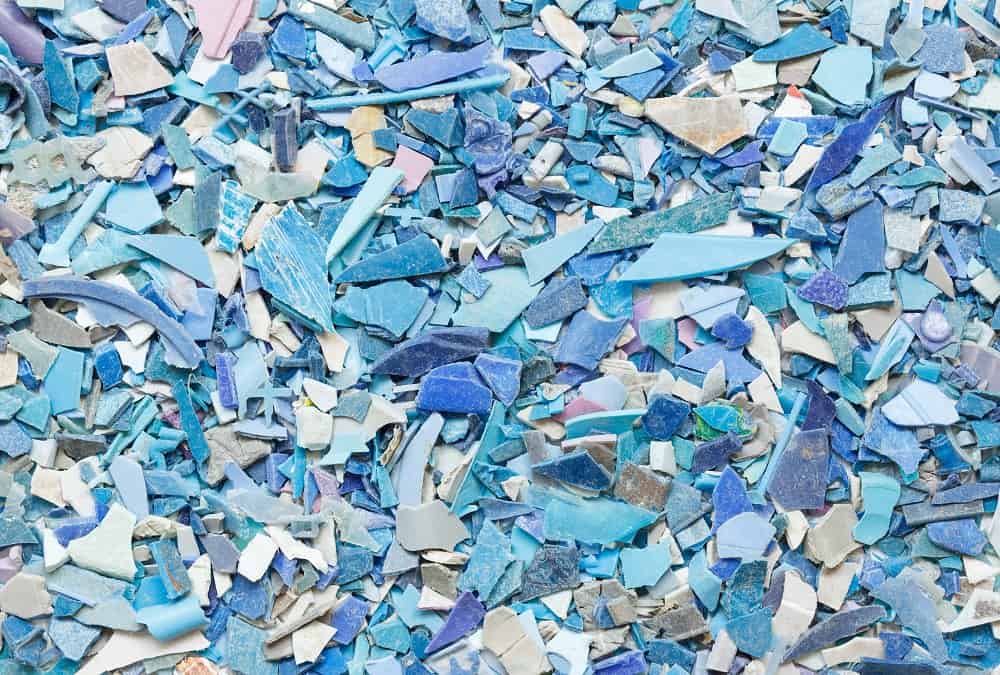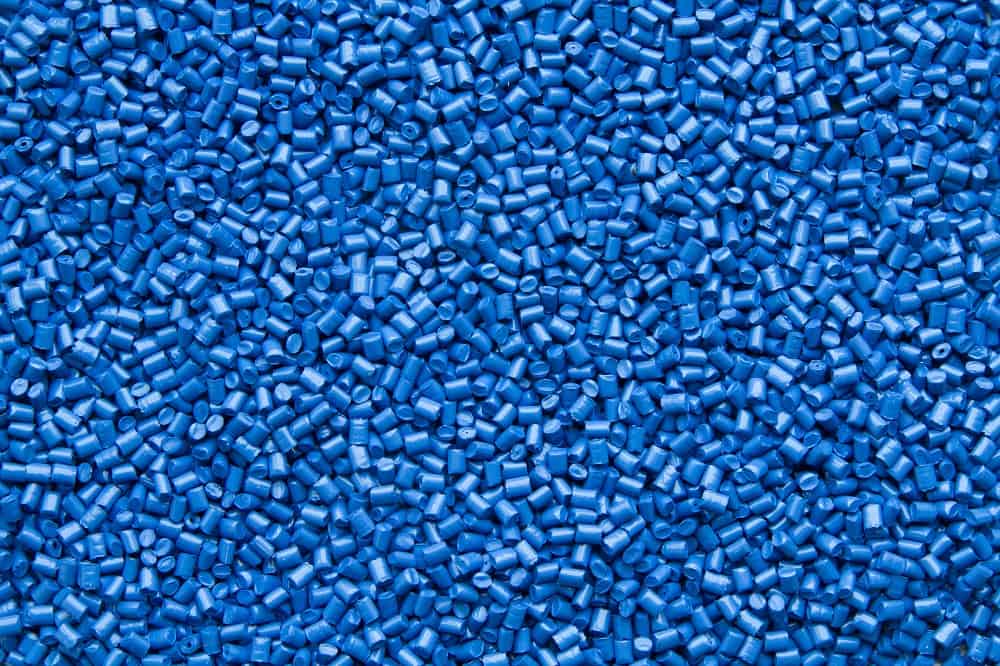Post-Industrial Plastic Recycling and Regrind Plastic Materials from Manufacturers

Anyone involved in manufacturing understands the importance of controlling costs. Wasting time and material is the same as wasting money, so you’re always looking for ways to recoup your expenses. One of the best ways to do so is by buying and recycling plastic regrind. Since several kinds of manufacturers have spare plastic to recycle, there’s no shortage of regrind commercial plastic in TN. Here are a few things you should know.
The Benefits of Regrind
Most regrind comes from commercial injection molding. During the process of molding, some thermoplastic material is always left over and can usually be recovered from factory components like sprues, gates, flash, and runners. While the plastic has already been used once, it can be used again by blending it with virgin plastic melt. The recycled plastic that can be combined with the new plastic comes in the form of small granules known as “regrind.” It’s generally accepted that plastic can be comprised of 30% regrind without losing the mechanical properties you would expect from virgin material. Since the plastic which contains regrind should act the same as 100% new plastic, incorporating regrind is an excellent way to save money. The mixing, however, is complicated because the desired characteristics of the plastic will vary depending on the project, influencing the type and percentage of the regrind to be incorporated into the plastic. There are, however, several characteristics of regrind that will impact its future performance.
Degradation
It’s well understood the degree to which polymers can degrade during the molding process, but there are some pitfalls to look out for. For instance, it’s important that manufacturers know a regrind’s heat history. Heat is one of the primary causes of degradation, so if the heat history is overlooked, it can lead to an inferior polymer, affecting costs and causing delays in production. If kept below 30% of the total material in a new melt, however, even some degradation shouldn’t affect the quality of the plastic.

Granule Dimensions
When industrial plastic is recycled, it’s put through a grinder and turned into granules measuring a range of sizes from dust-size to no more than 1/2 inch. The different sizes of regrind are likely to melt at a different rate, causing variations to appear in the moldings. Though this is unlikely to affect the quality of the end product, however, small surface blemishes may appear, which could be a problem if aesthetics are important.
Contamination
As with all kinds of plastics, how regrinding is handled will determine if there’s any contamination in the molding process. Clean operations and clean materials are a must for the melt to work properly. This means all machines must be totally clear from oil, dust, and metal as well as plastic residue. It’s also important that regrind is properly dried in advance. The presence of moisture can change the regrind’s properties, potentially compromising the reliability of the final product.
Whether you are looking for a way to save money on plastic, or you have extra plastic on hand that you need to recycle, contact the experts at Seraphim Plastics LLC. They’re your go-to source for commercial plastic regrind in TN. Give them a call today!